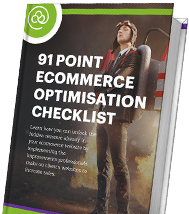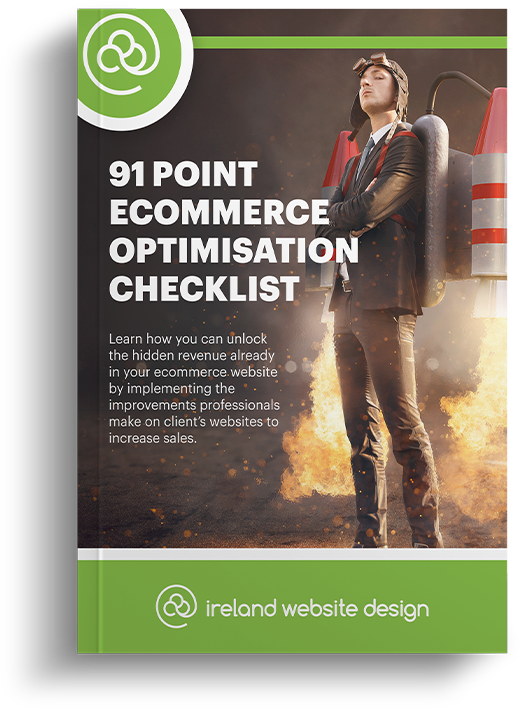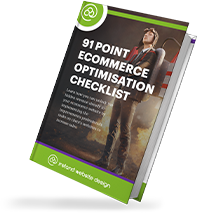When companies are planning on using PPC (pay-per-click) for the first time, it is very easy for them to fall into a few traps. When companies fail to give their paid search campaigns the right amount of care and attention, it can often lead to poorly written and targeted campaigns.
Here, we will take a look at the most common mistakes made by companies when approaching their PPC campaign, and how those mistakes can be avoided so then the campaign does not become a total waste of time and money.
Lack Of Keyword Research
Far too many companies decide to launch their PPC campaign using keywords that they are just assuming apply to them. When you do this, it can lead to your company being defined by overly specific search queries, some of which are too precise to be used by people casually using a search engine.
Specialized terminology is often where a lot of companies slip up. They use them as part of their keyword campaign, even though the majority of people would not use those terms in a search engine. The best way of avoiding this is to do plenty of research into keywords that you think best describe your company, and then see what results come up.
Keywords Are Too Broad
Even though you have done research into the keywords that work best, you may find that you have too much of a good thing. If you use keywords that give you a lot of exposure, you could actually find that this could end up costing you even more money over time. It is for that reason that you shouldn’t be too afraid of using negative keywords as well.
The great thing about systems like Google AdWords is that instead of using exact matches, they also use close variations. That means that even if you use a keyword that is closely linked to your brand, then it could still show up on several search results. For this reason, it has become more important to avoid using words that have little to do with your brand. You could find yourself spending way too much money on keywords that do not have anything to do with your business, and therefore give you very little value for money.
Don’t Use Company Name In The Ad Headline
This is a mistake that is often made by companies during their PPC campaigns. Companies think that putting their company name in the advert headline will generate a lot of hits. Unless your company is already fairly well known, then people will not be making search queries that contain your company name. Your PPC campaign after all is about finding new customers, not helping your current customers find you online.
If you have picked a good domain name, then your site should be fairly well optimized already. Try and make sure that your headline helps you find more customers, so think about the kind of search queries that people will be making to find a business like yours.
Don’t Change Everything When A Campaign Fails
Your PPC campaigns will all be different, so you will find that some of them are very successful while others don’t come close to having any impact. When this happens you will want to make a few changes to see if you can get the campaign back on track, but far too many companies think the solution is to change everything.
If a PPC campaign is not working, the last thing you should do is change everything from the description right down to the landing page. Chances are, the campaign is failing because of one small flaw. If you change everything, you will never know which methods are working and which ones are not. Always make sure that you change one element at a time when trying to improve your campaign. Then give it a little time before you check again to see if your changes have had a good effect. Only then should you consider making additional changes.
Don’t Use Your Homepage As Your Landing Page All The Time
It is obviously very appealing to have all the traffic going to your home page. That way everyone who clicks on your site will be able to find all the information they need quickly and easily. However, unless you are a big company and your business name is what is used in the ad copy, then you should steer clear of the homepage.
In order for everything to work smoothly and for your search engine ranking to be improved, you need to match landing pages with keywords. So for example, if the keywords you are using for a campaign are ‘web design,’ then you need to make sure the landing page is directly related to web design. If people click on your site looking for web design information and then find themselves on the home page, they will have to find the information themselves. Both search engines and visitors don’t like all the hassle.
Don’t Try And Target Everyone
If you are running a business, it is certainly not a bad thing that you want to target as many people as possible, and even try and make your business more global. In most cases, however, trying to achieve this with your PPC campaigns is not the best idea. You will find that your more local business opportunities will start drying up, mainly because they don’t know that you are near them.
Unless you are already a big company that has a very broad reach, you should always target your local area. That way, you will be more likely to appear on a local person’s search engine results than someone far away. Even if you have an exclusively online business, try and target geographical locations you think have potentially the biggest customer base. It requires a little research, but it is certainly worth it.
These are just a few of the more common mistakes that businesses make with their PPC campaigns. As long as you make sure that you do your research and keep a track of the number of positive results you are getting, then you should be able to get good value for money from your campaigns. Just remember not to make any assumptions about the keywords you use, or your advertising copy. If you pay attention to the details, then your campaigns should all run very smoothly, and result in a lot of new potentials leads visiting your site.




